While most visitors to Marrakech flock to the main souks around Djemaa el-Fna, the city harbors numerous hidden markets where locals shop for unique treasures away from tourist crowds. These lesser-known markets offer authentic experiences, and one-of-a-kind finds that you won’t encounter in typical guidebooks.
Ready to discover where Marrakech’s residents really shop? Let’s explore 15 remarkable markets where you can find genuine Moroccan crafts and meet the artisans who create them.
Souk Smata
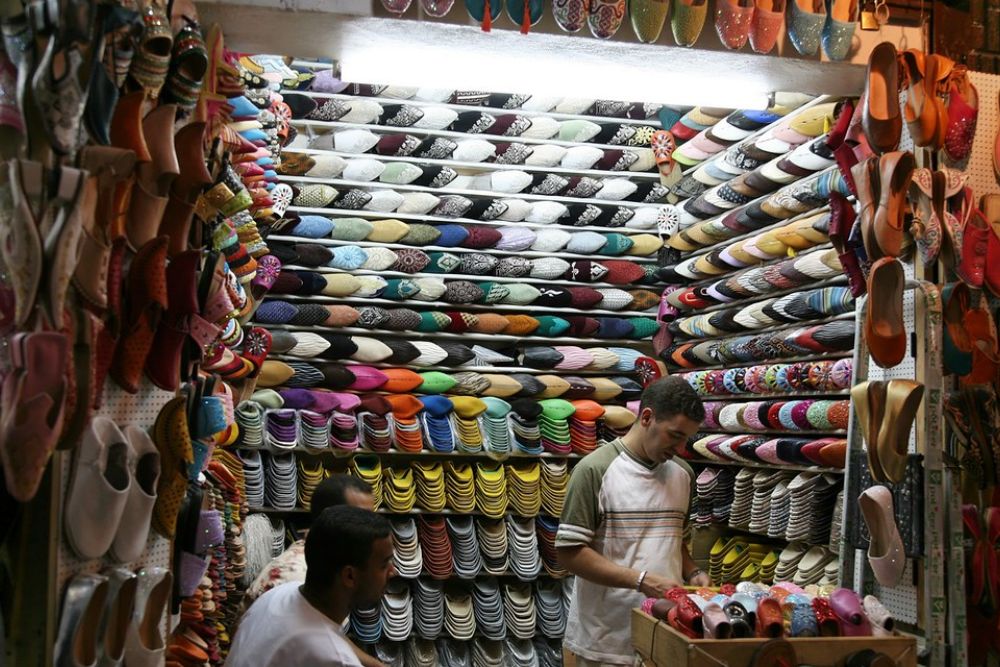
Tucked away in the northern medina, this fascinating market specializes in traditional Moroccan slippers, known locally as ‘babouches.’ Master artisans work in tiny workshops where you can watch them hand-stitch intricate designs using techniques passed down through generations.
The market comes alive early in the morning when local buyers arrive to inspect the latest styles and negotiate prices. Visit between 8-10 AM to watch artisans setting up their displays and enjoy mint tea while browsing.
Souk Kimakhine
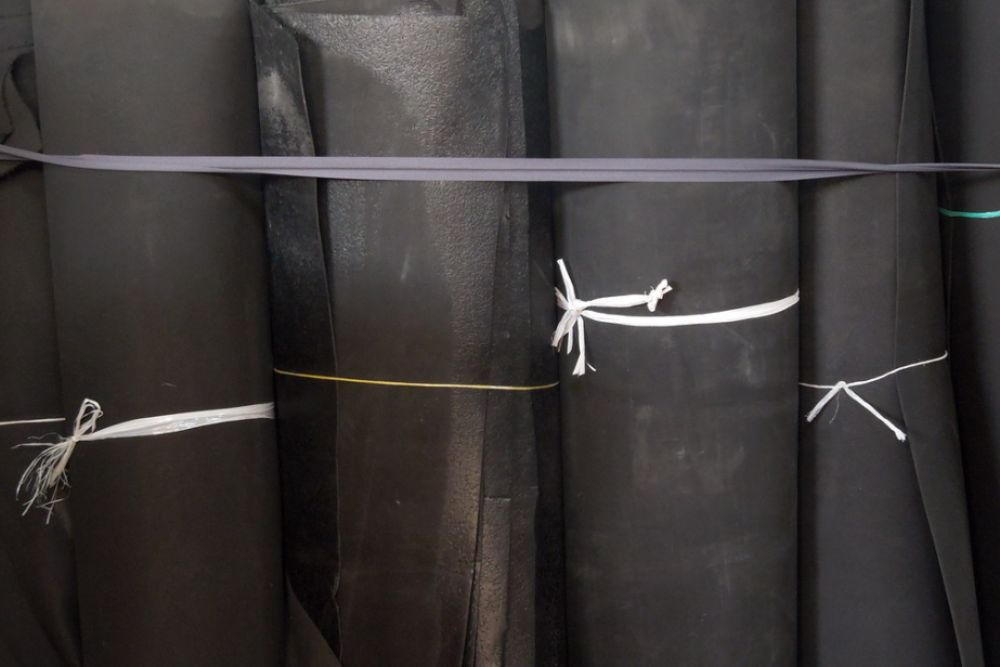
Hidden behind the spice market, this atmospheric bazaar focuses on handmade musical instruments and traditional music boxes. Local musicians often test instruments in the narrow alleyways, creating an enchanting soundtrack for your shopping adventure.
The market features workshops where you can watch artisans crafting everything from drums to stringed instruments. Many vendors here speak excellent English and happily demonstrate their instruments without pressure to buy.
Like Travel Pug’s content? Follow us on MSN.
Souk Sebbaghine
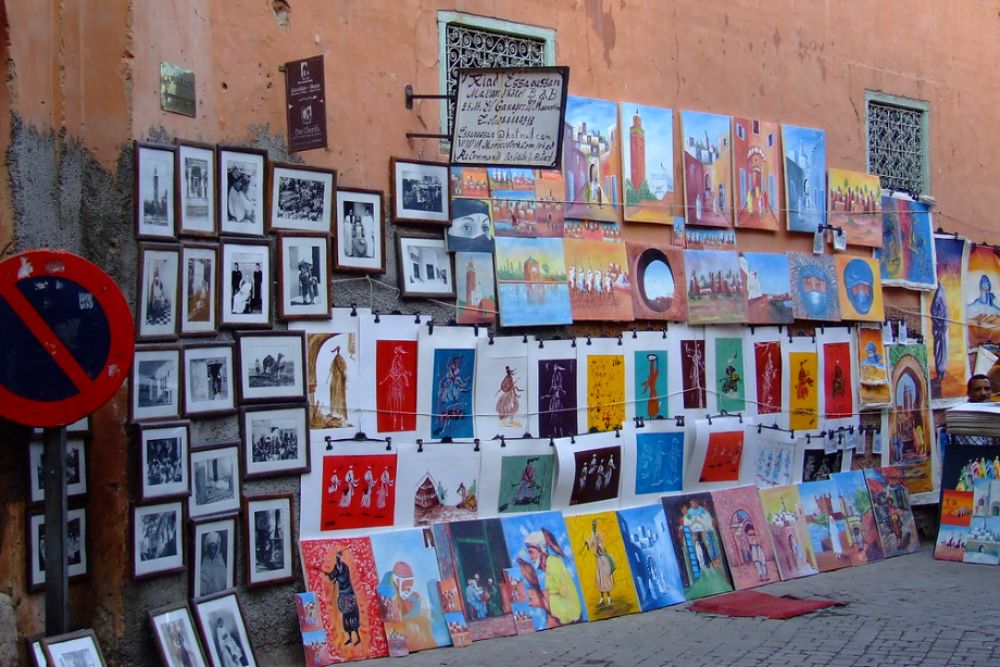
Known as the ‘dyers’ souk,’ this colorful market showcases freshly dyed yarns and fabrics hanging from ancient wooden beams. Watch master dyers at work using natural pigments to create vibrant colors in huge vats bubbling with different hues.
The best time to visit is mid-morning when the light streams through the slatted roof, illuminating the rainbow of colors. Local weavers often come here to select yarns for their projects, creating a lively atmosphere.
Had Belouta Market
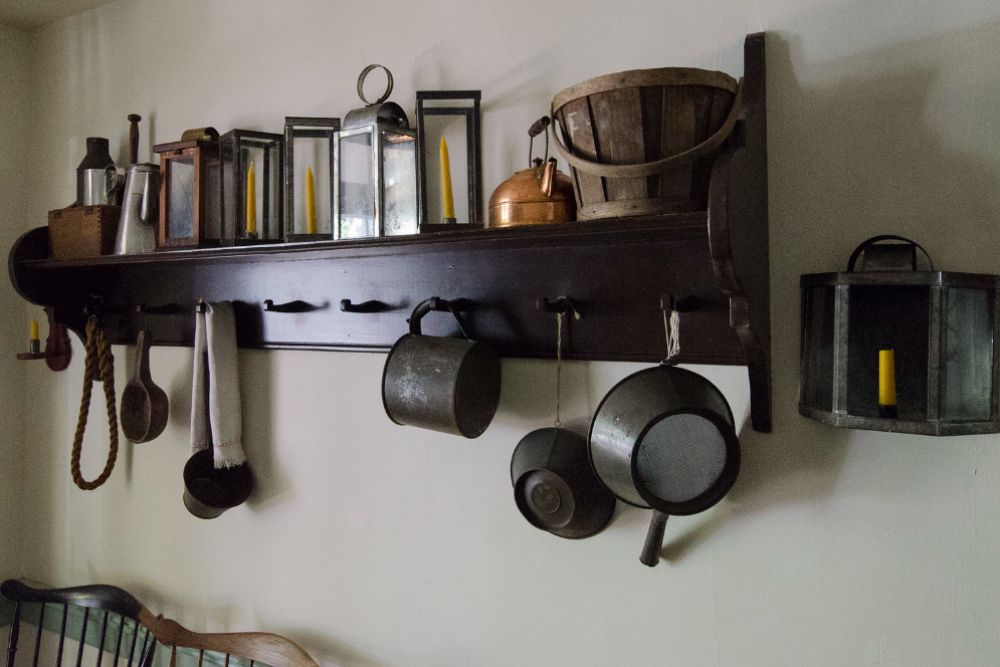
This weekly Sunday market in the Mellah district specializes in vintage finds and antique household items. Local dealers display everything from old Berber jewelry to colonial-era furniture beneath striped canvas awnings.
The market opens at dawn and starts winding down around noon, so arrive early for the best selection. Many vendors here are collectors themselves and enjoy sharing stories about their unique pieces.
Souk Lebbadine
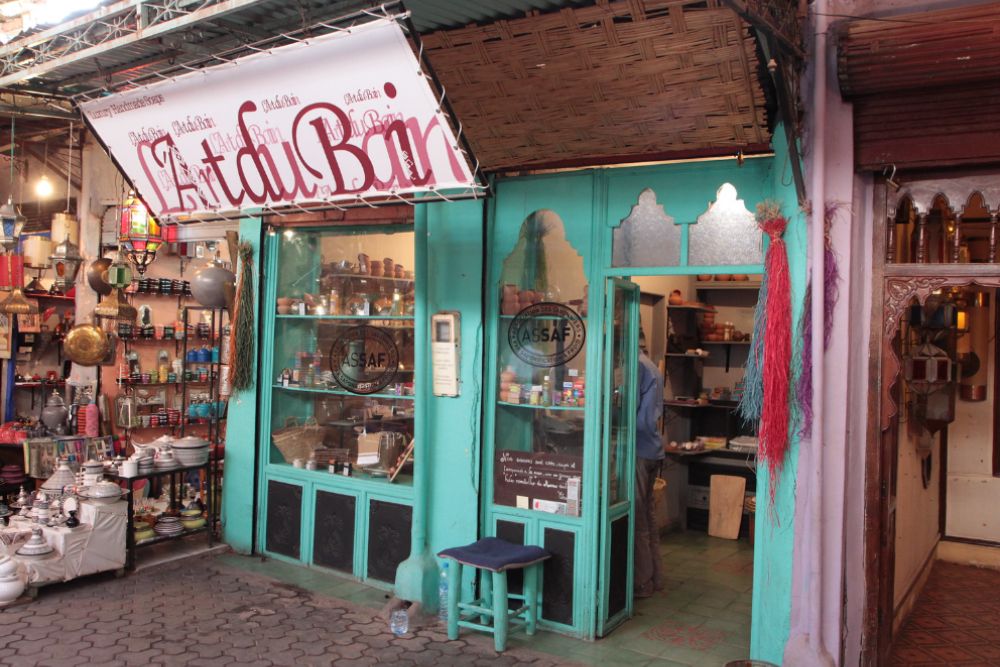
Specializing in traditional leather goods, this quiet market offers better prices and more authentic experiences than the tourist-heavy tannery district. Watch artisans tooling intricate designs into camel leather bags and traditional horse saddles using centuries-old techniques.
Most workshops are family-run businesses where skills have been passed down for generations. Visit in the late afternoon when the light is perfect for examining the detailed leatherwork.
Like Travel Pug’s content? Follow us on MSN.
Criée Berbère
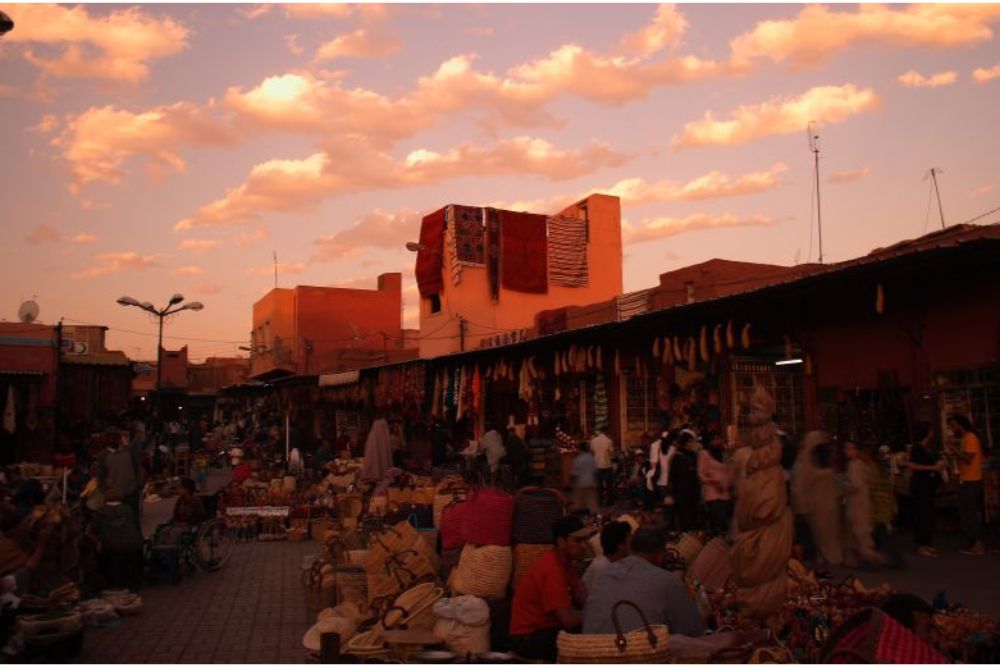
This daily auction market hidden near Bab Debbagh features Berber carpets and textiles sold directly by tribal families. Auctioneers call out prices in a mixture of Arabic and Berber, while buyers signal their bids with subtle gestures.
The action starts around 10 AM and continues until early afternoon, offering fascinating insights into traditional trading practices. Local experts can help explain the significance of different carpet patterns and materials.
Souk Zarbia
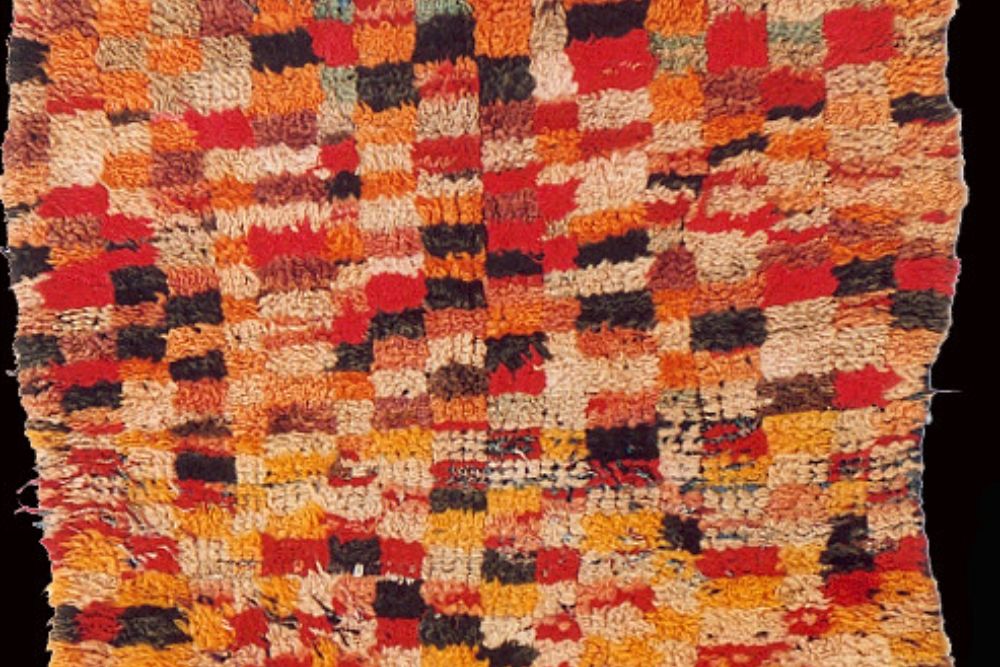
Located in a restored caravanserai, this specialist carpet market focuses on contemporary designs created by young Moroccan artists. The innovative patterns combine traditional techniques with modern aesthetics, creating unique pieces you won’t find elsewhere.
Many artisans work on-site and welcome questions about their creative process. The market includes a small café where you can relax and contemplate your purchases.
Souk El Had
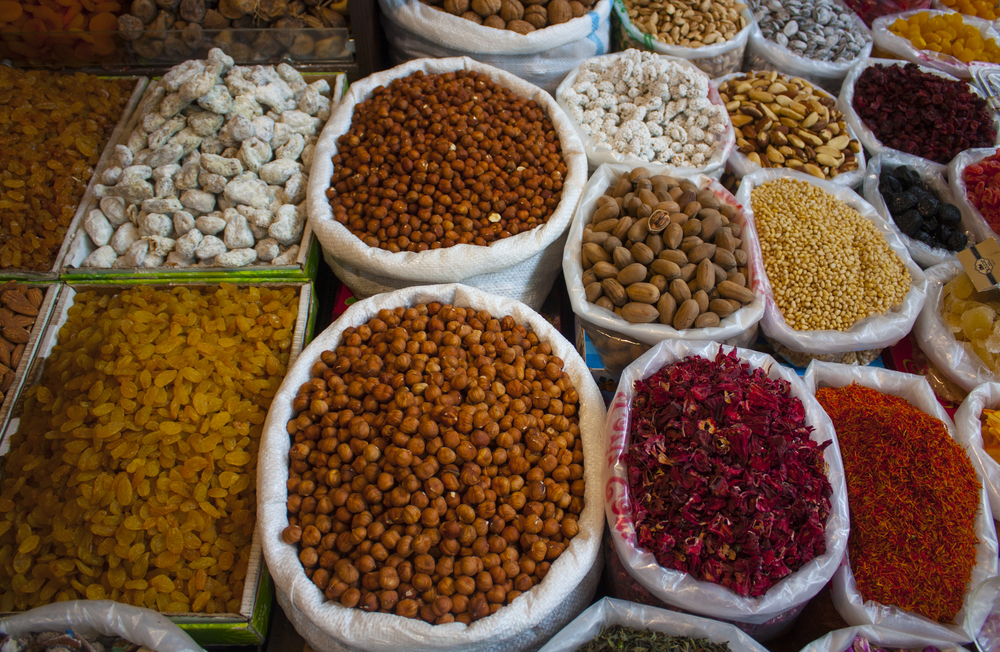
This traditional food market springs to life every Sunday morning in the Kasbah district, offering local delicacies and cooking ingredients. Farmers bring fresh produce from the Atlas Mountains, while specialty vendors sell preserved lemons, aged butter, and local honey.
The market provides excellent opportunities to sample traditional Moroccan breakfast foods and breads. Visit between 7-9 AM to watch locals selecting ingredients for their Sunday couscous.
Like Travel Pug’s content? Follow us on MSN.
Place des Épices
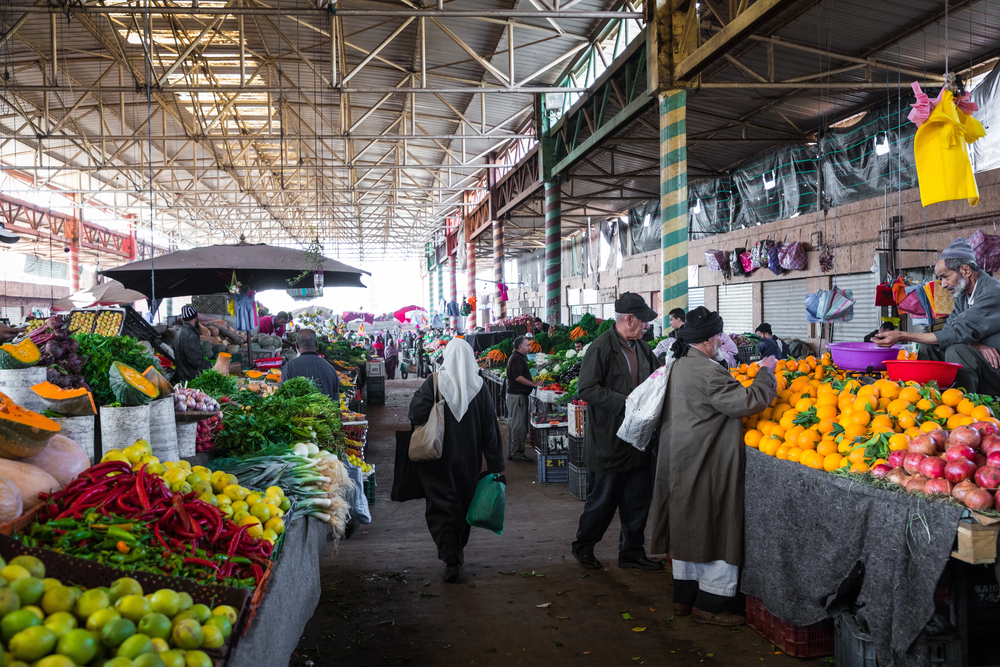
While technically part of the main souk network, this spice market’s hidden upper-level houses workshops specializing in traditional Berber medicine. Herbalists create custom remedies using ancient recipes and locally sourced ingredients from the Atlas Mountains.
The best time to visit is mid-morning when sunlight illuminates the colorful spice displays through the wooden roof lattice. Many vendors offer tastings of different tea blends and medicinal preparations.
Souk Zrabi
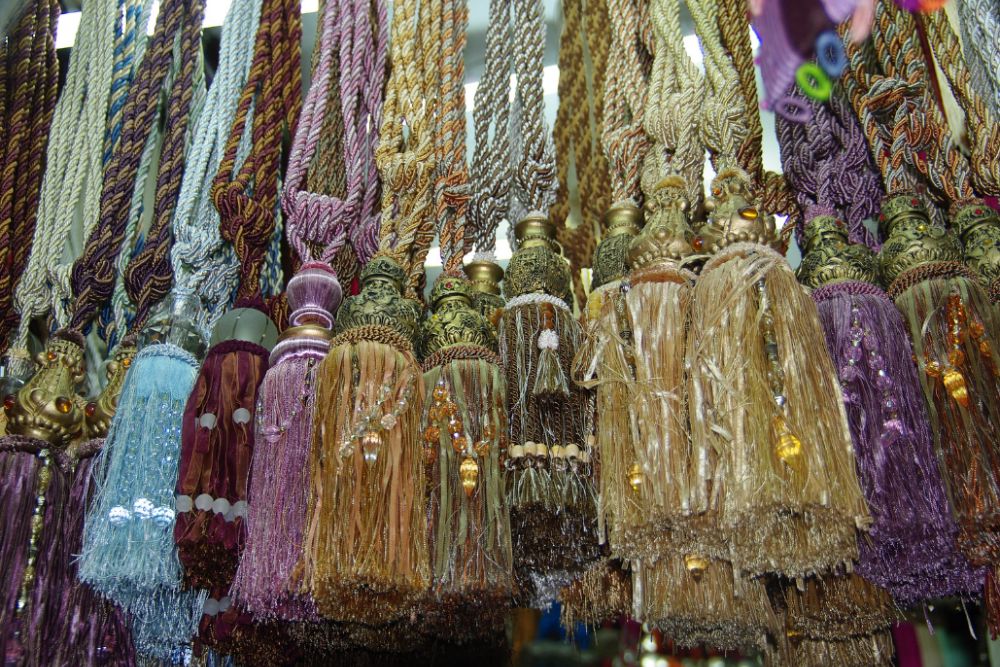
Hidden in the northern medina, this specialist market focuses on handwoven textiles from different Moroccan regions. Watch weavers working on traditional looms while creating intricate patterns passed down through generations.
The market includes several women’s cooperatives where you can learn about natural dyeing techniques and traditional motifs. Visit in the morning to watch artisans setting up their looms for the day’s work.
Marché des Potiers
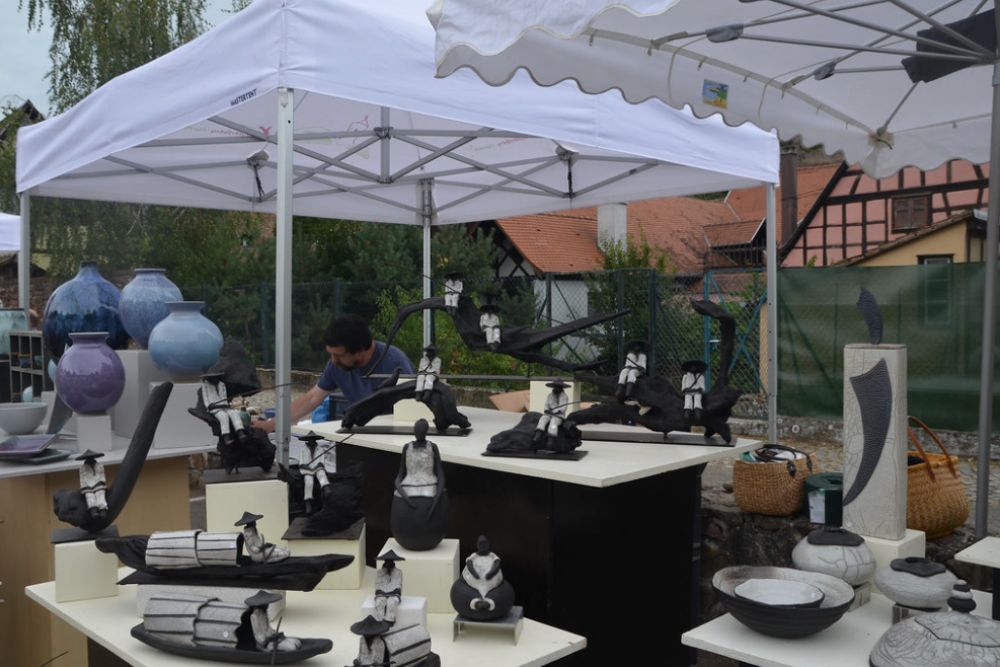
Located outside the old city walls, this pottery market offers unique ceramics from villages throughout the region. Watch potters throwing clay on traditional wheels while others paint intricate designs on finished pieces.
The market includes several workshops where you can try your hand at basic pottery techniques. Early morning visits offer the best selection and opportunities to watch artisans at work.
Like Travel Pug’s content? Follow us on MSN.
Souk Khamis
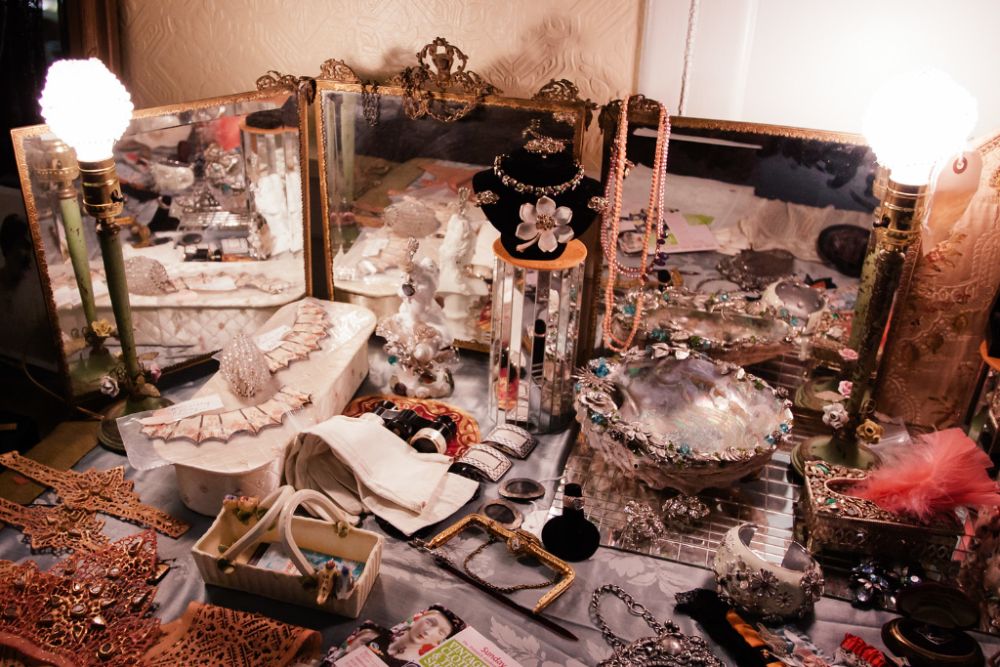
This Thursday-only market specializes in vintage clothing and textiles from across North Africa. Local fashion designers often shop here for inspiration and unique materials to incorporate into their work.
The market includes several skilled tailors who can alter purchases on the spot. Visit mid-morning when vendors have finished setting up but before the crowds arrive.
Souk Ableuh
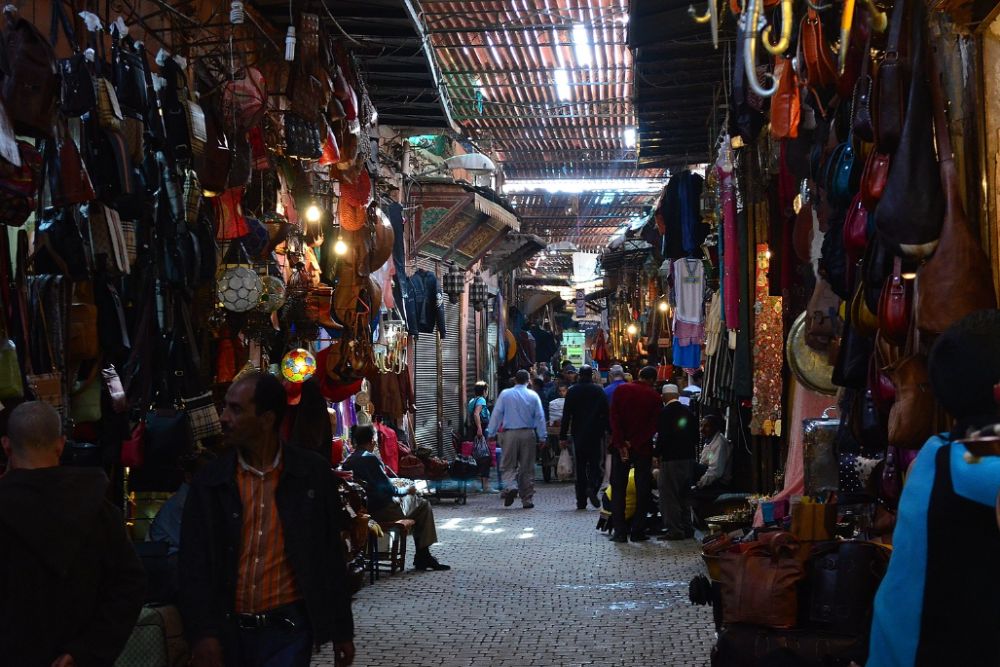
Hidden behind the olive souk, this small market specializes in traditional beauty products and natural cosmetics. Watch vendors mixing custom perfume blends and preparing traditional henna designs for special occasions.
Many stalls offer samples of different argan oil products and natural soaps. The market is particularly lively on Friday mornings when locals shop for weekend celebrations.
Brocante Bouchareb
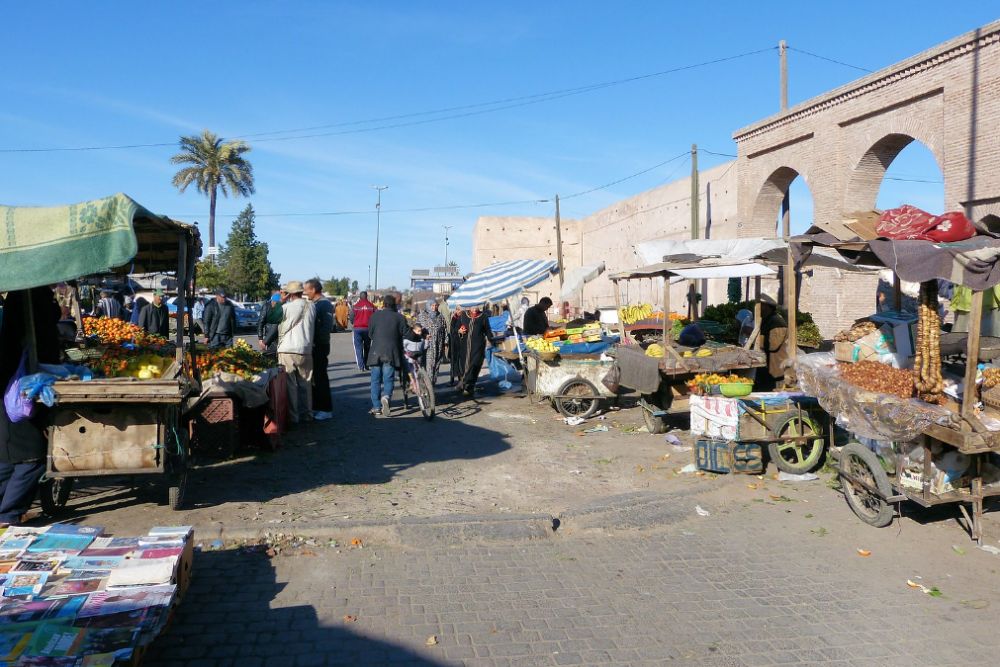
This fascinating flea market operates in a restored foundouk near Bab Doukkala, specializing in architectural salvage and vintage items. Explore rooms filled with old doors, metalwork, and traditional building materials recovered from historic buildings.
Many pieces come with fascinating stories about their origins and previous uses. The market opens early and closes by mid-afternoon, so morning visits are essential.
Like Travel Pug’s content? Follow us on MSN.
Souk El Attarin
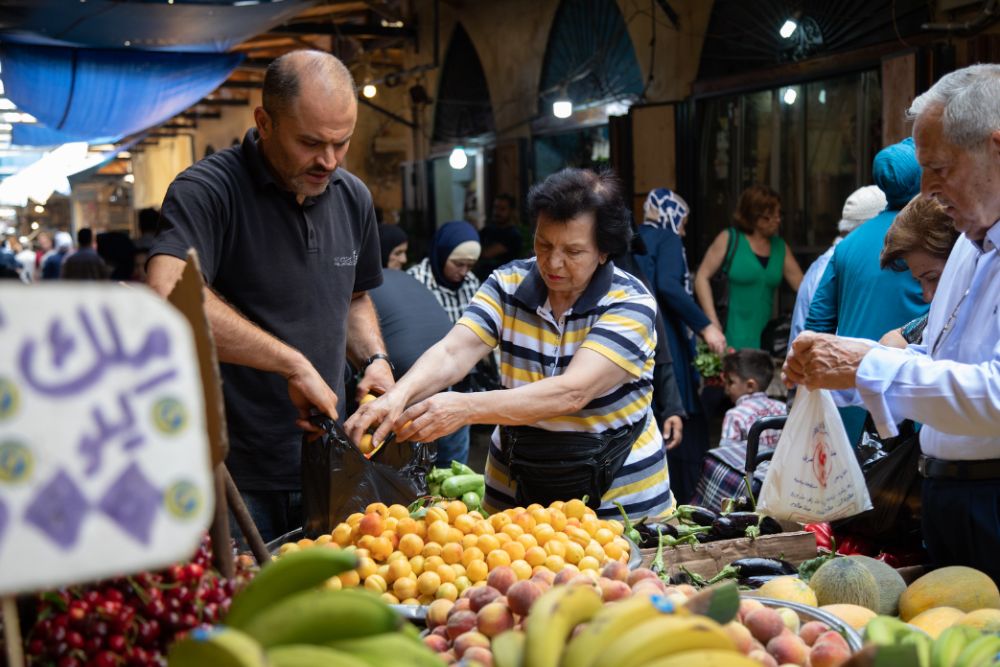
Tucked away near the Ben Youssef Madrasa, this aromatic market specializes in traditional incense, essential oils, and perfume ingredients. Watch vendors blending custom perfumes using ancient recipes and natural ingredients.
The market includes several workshops where you can learn about traditional Moroccan perfume-making techniques. Visit in the late afternoon when the light creates magical effects through the scented smoke.
Explore Marrakech’s Secret Bazaars
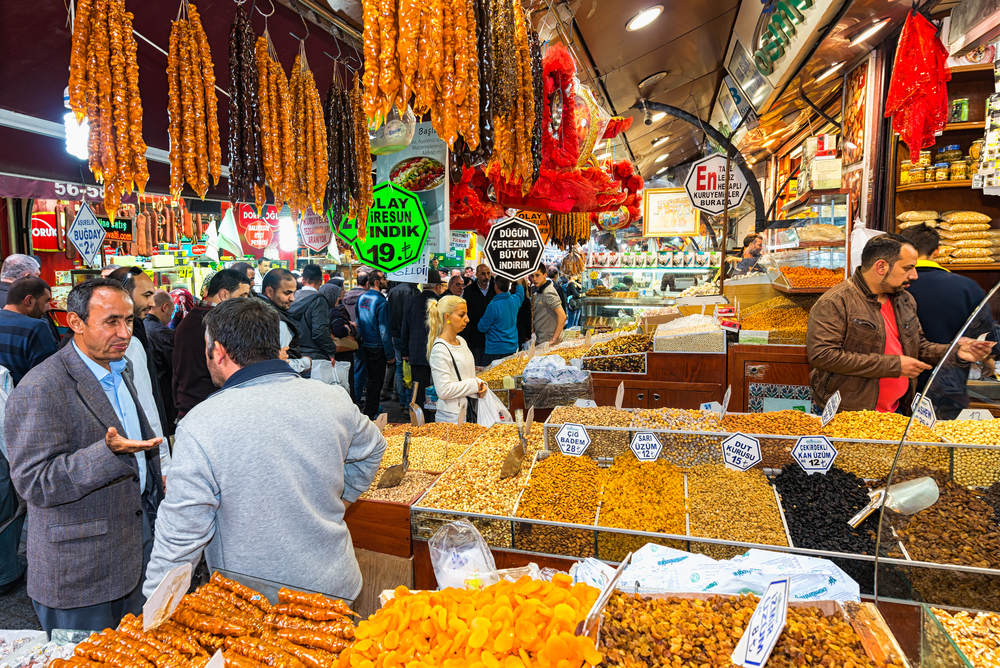
These hidden markets represent the authentic heart of Marrakech’s trading culture, where traditional crafts continue to thrive, and ancient knowledge passes from one generation to the next. Each market preserves unique aspects of Moroccan heritage while offering opportunities to connect with skilled artisans and discover one-of-a-kind treasures.
Whether you’re seeking traditional crafts or vintage finds or simply want to experience local life away from tourist crowds, these markets promise adventures that go far beyond ordinary shopping.
More from Travel Pug

- 15 Dangerous European Cities to Avoid
- 15 Caribbean Islands Where Tourists Keep Getting Scammed
- The 20 Most Fascinating Abandoned Places: A Journey Through Time and Forgotten Spaces
- 15 Hidden Places in the Smithsonian Museums Locals Love: A Guide to Lesser-Known Treasures
- 16 Hidden Florida Beach Towns That Aren’t Overrun with Tourists
Like Travel Pug’s content? Follow us on MSN.
